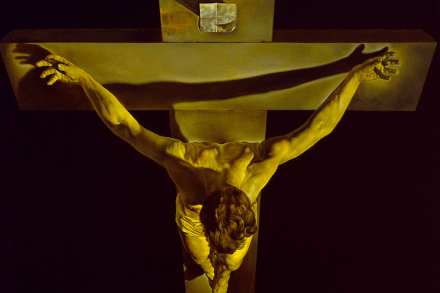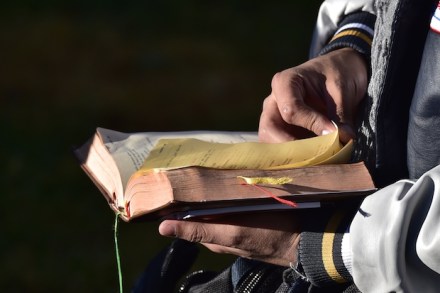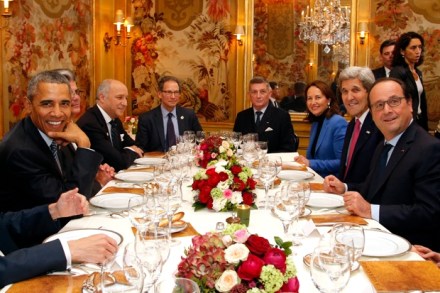Letters | 31 December 2015
What Blair omitted to say Sir: Mr Blair’s latest in these pages, like his recent Foreign Affairs Committee appearance on Libya, papers over so much history that one hardly knows where to start (‘What I got right’, 12 December). His own Libyan history will do. We all know the ‘deal in the desert’, whereby Gaddafi relinquished a feeble ‘WMD’ programme to come in from the cold, lift the sanctions, and pave the way for oil deals. What was not known until 2011 was the real price of this bargain. The price was a UK-US-Libyan conspiracy to kidnap two whole families from exile and ship them to Gaddafi. Had we not seen the


















